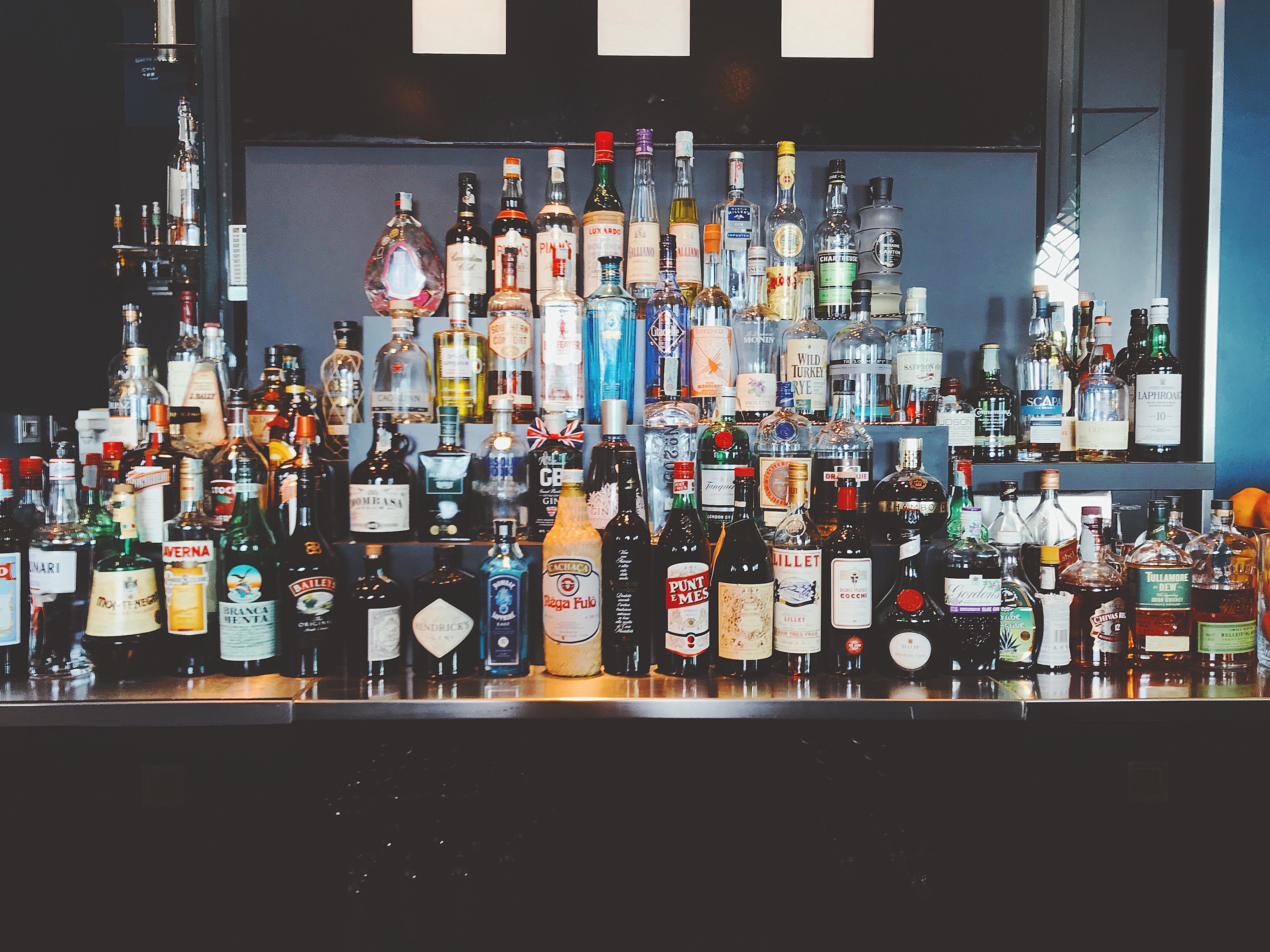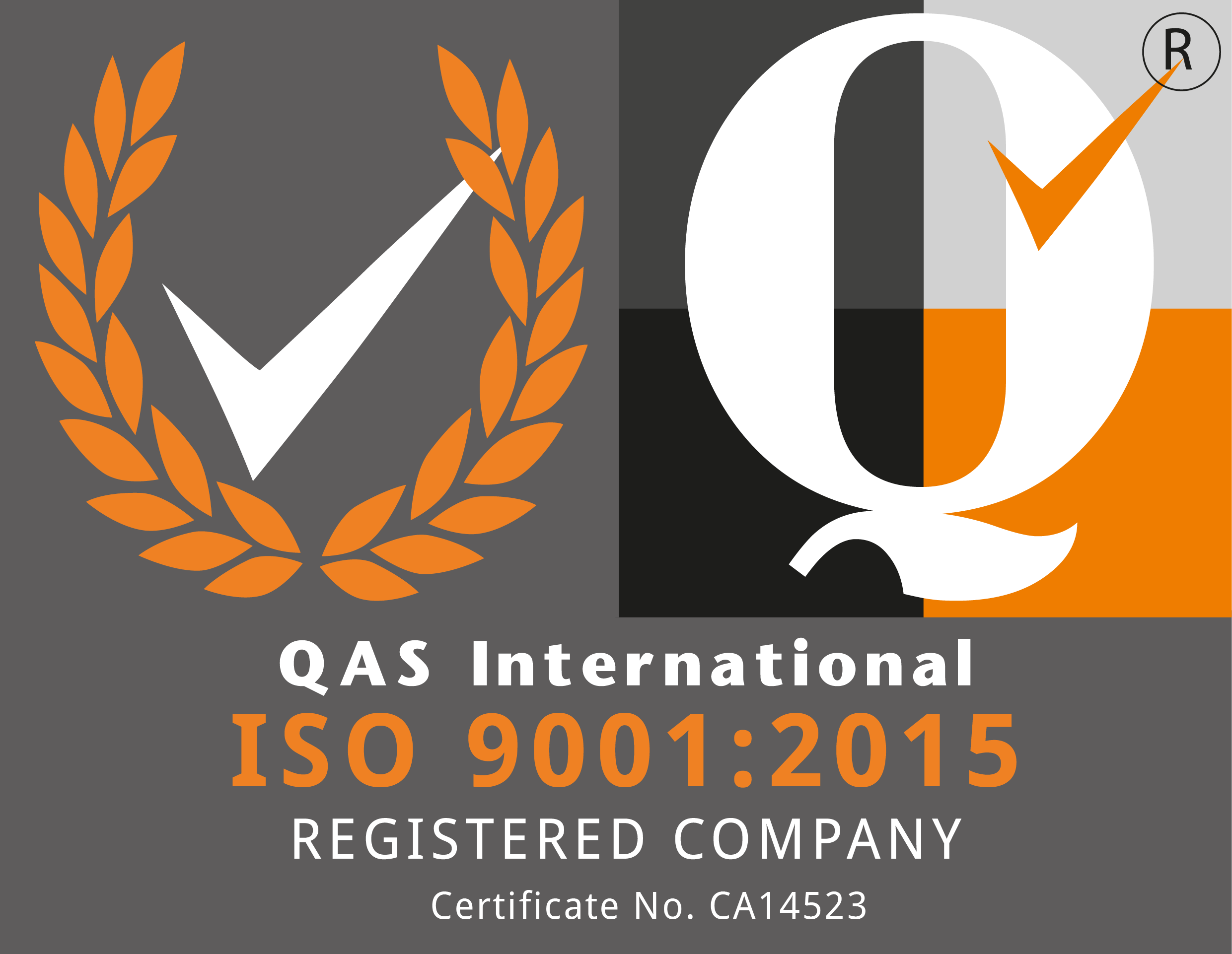Could alcohol labels change in the future?
There have been numerous calls recently for alcohol brands to start including more information on their labels.
In fact, last year Alcohol Change UK joined over 30 organisations across the drug and alcohol sector in endorsing the Alcohol Charter. It’s a policy proposal that sets out effective and practical guidelines to help limit the damage to society caused by alcohol misuse.
Together, these organisations want labels to include, in a legible format, details such as:
- Current Chief Medical Officer (CMO) guidelines related to alcohol consumption
- Units per serving (or per container on spirit bottles) in line with CMO guidelines
- Nutritional information per serving (including calories)
- Full list of ingredients, with any allergens listed in bold
If such changes are enforced in the future, the majority of alcohol brands will need to rethink their labelling design. But rather than seeing this as a hindrance, brands might consider it an opportunity to help consumers make more informed decisions around alcohol and encourage them to drink responsibly.
Choose Premier Labels for your drinks labels
Whether you produce wine or spirits, you’ll appreciate the importance of a great label. As it’s the first thing consumers will see as they scan the shelves, it’s crucial that it catches their eye and stands out from all the other products.
At Premier Labels, we use over 30 years' experience to help businesses to create the high-quality labels that their brands deserve, helping you to remain compliant to alcohol labelling requirements.
We create designs using metals, embossing, smart tech, unique swing tags, or any combination of techniques that you'd like!
If you've got any questions, or would like to chat with a specialist member of our team, get in touch today. We're on hand to discuss how high quality labels can make a difference to your unique brand.
Alternatively, give us a call on 01483 423424, or email us at sales@premierlabels.uk.com.




.png)





